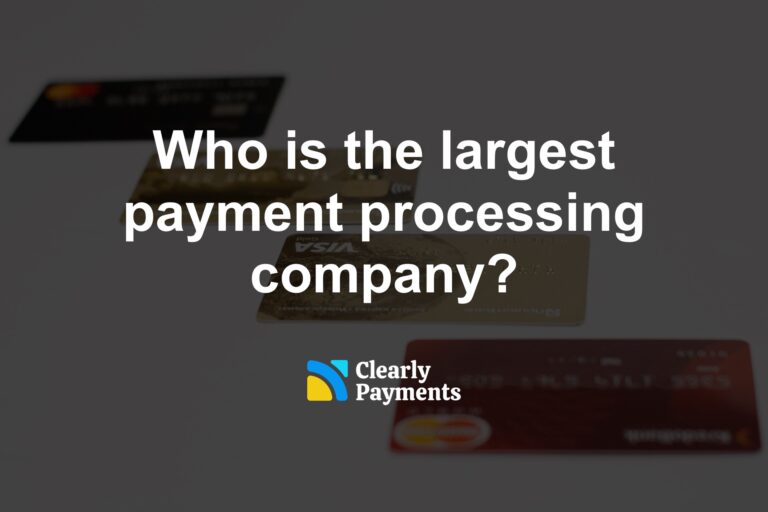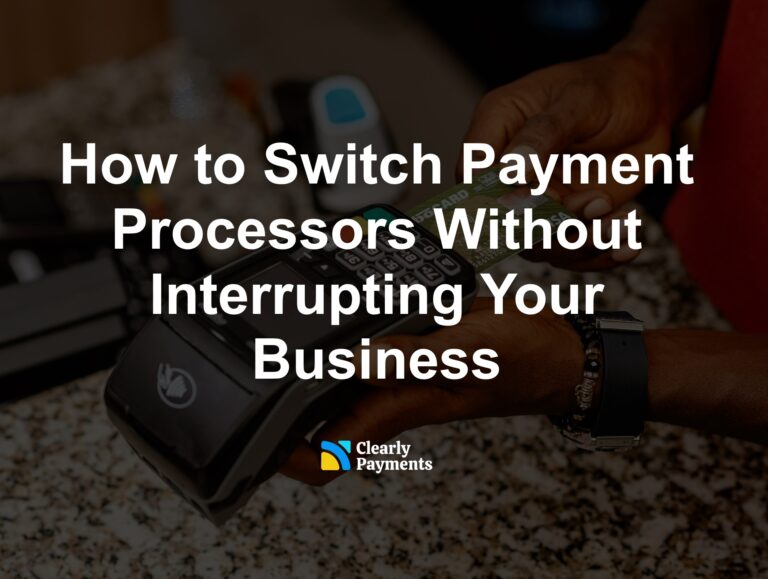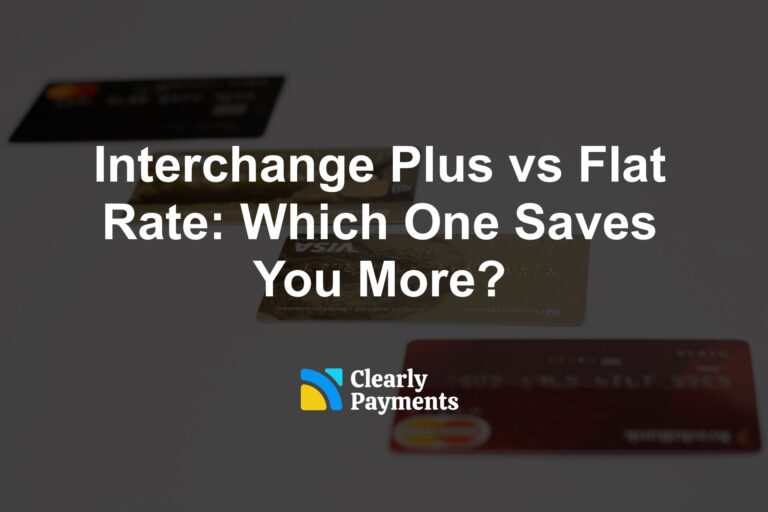We are here to help merchants reduce their credit card processing fees. It’s the core mission of Clearly Payments. The payments industry is tough to figure out when it comes to fees. There is no standardization and very little regulation on how payment processing is priced.
Unfortunately, this means that some payment processors take advantage of this and hide fees within the complex pricing system. In general, payment processing fees are typically in the range of 2% to 3% plus a $0.15 transaction fee, however we’ve seen many merchants with rates up to 5% and they don’t even know it. They might not know it because it was too difficult to read the statements or they just didn’t have the time. It’s well worth it to reduce your fees, even if you only get a reduction of 0.25%. It all adds up, especially if you are processing millions of dollars per year.
It’s critical for any merchant to be aware of the pricing tactics that are used by some payment processors. If you want to dig a little deeper in the industry and where the fees go, read our payments industry overview.
There are many things to determine when negotiating your payment processing pricing. Here are the top tricks to look out for in payment processor fees.
Teaser rates and non-qualified rates
Payment processors sometimes advertise rates at 1.3%. Unfortunately, this is just not true or even possible for the long term. At least not for credit card processing (debit cards are cheaper). Interchange fees are above 1.3% and interchange fees are only part of the cost structure in payments. See interchange rates in Canada and interchange rates in the USA to get a sense of how much interchange fees are.
There is one pricing method called tiered pricing. It is the least merchant-friendly pricing method and it is extremely complex. A payment processor can literally have hundreds of tiers. They might set up one tier that gives you 1.3%, the advertised rate, however, one in a thousand transactions will be at that rate. The rest might be at 3% or more. They would call the rest “non-qualified” transactions.
If a payment processor actually charges 1.3%, they will be losing money. You can be almost certain that the 1.3% will last for a very limited time until they raise the rates within a few months to make their money back.
Annual fees
Some payment processors bury fees in annual fees. Annual fees usually range between $100 to $400 per year. They even might delay the first annual fee for 3 months until you are up and running and already committed.
If you go with an aggregator like Stripe or Square, you generally don’t have monthly or annual fees. They make their money on the 2.9% and $0.30 per transaction. Here is a comparison of fees with an aggregator like Square and a merchant account. Aggregator accounts make a lot of sense for smaller merchants with less than $200,000 per year in revenue. If you’re above that revenue number, sign up for a merchant account to reduce your fees.
When signing up for a payments account, make sure you look out for any annual fees and know what you’re getting.
Cancellation fees
Contract cancellation fees in payment processing refer to a charge when a merchant cancels their account or tries to switch to another payment processor. When a merchant signs up for a payment processing account, they generally enter into a contract with terms and conditions. These contracts may have a length to them, three years for example. That might be ok, as long as there is not a steep cancellation fee if you want to end the term early.
It is very important for merchants to carefully review the terms and conditions of the payment processing contract. Merchants should understand the cancellation fee or any other charges if a merchant account is terminated. One thing that Clearly Payments prides itself on is that it has no locked-in contracts. If you want to leave, you’re welcome to freely leave.




